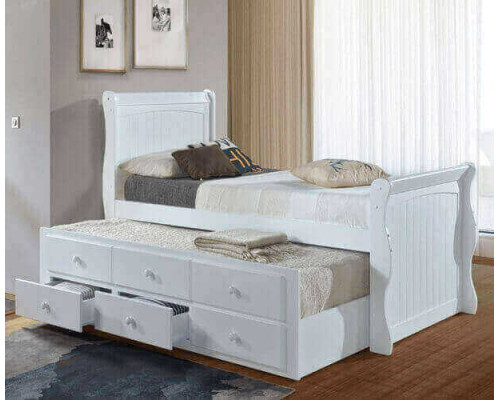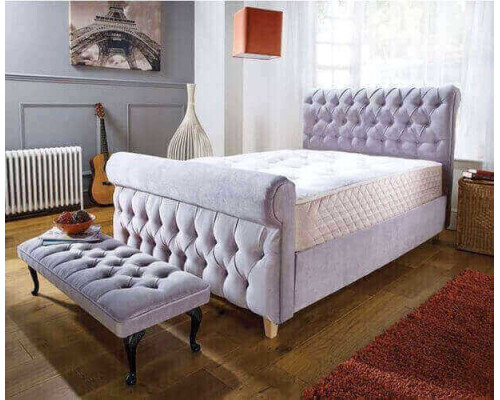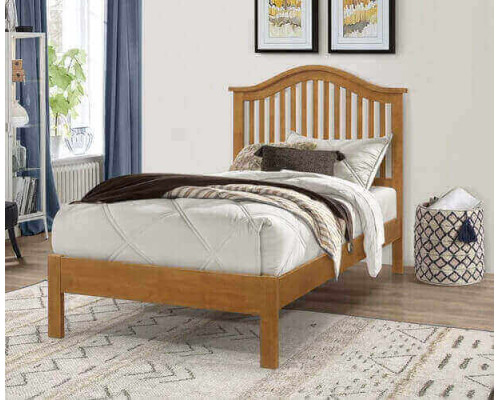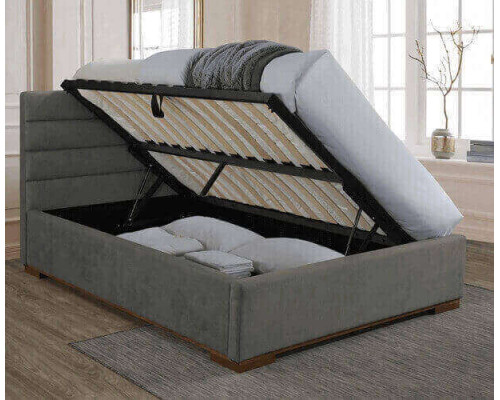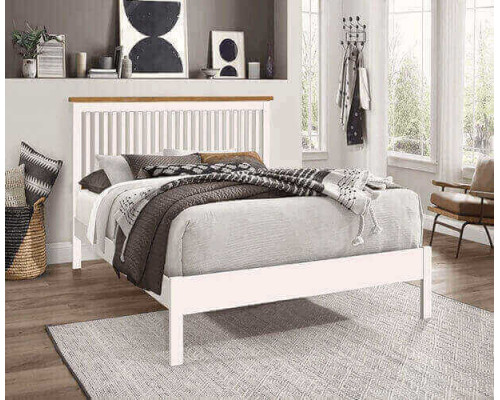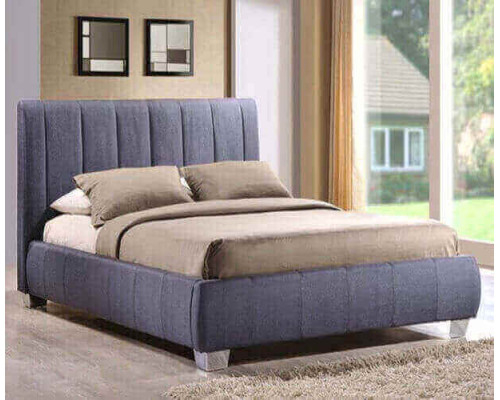Back Pain

Back Pain and How To Manage It
Back Pain Mattress
Back Pain Relief
We spend around a third of our lives in our beds.
With so much time spent lying down, the mattress in our bed is vital to ensure we're comfortable and minimize or alleviate back pain.
The mattress you choose can easily distinguish between a good night's sleep and a sleepless night of pain and discomfort.
So, what makes it the 'right' mattress?
Let's take a look.
Mattresses, like many things in life, are entirely subjective.
The right mattress for me will be different from the right one for you.
Some people like a harder mattress, while others prefer something they can slowly sink into.
However, regarding back pain, there may not be a 'perfect' mattress, but there are things to look out for that can help relieve the situation and make a bed perfect for you.

Whether you suffer from back pain now or want to reduce the risk of it in the future, you need a mattress that supports your spine.
The spine is a powerful and flexible part of your anatomy, consisting of bones, loose ligaments, muscles, tendons, and susceptible nerves. It's a wonder of biological science, but it's not unbreakable nor guaranteed to last a lifetime.
A good mattress for your particular needs should support this vital body part in all the right places.
It used to be that everyone, from Doctors to old wives' tales, would say that only a rock-hard mattress would help with a bad back, but research has now shown that depending on the back pain you suffer with, a more rigid bed can create further problems.
The right mattress for you is dependent not only on the type of pain you suffer from but also on your age, size, and height.
Not all mattresses are created equally. Terms such as 'orthopaedic' or 'Posturepedic' tend to cloud the waters when buying a mattress.
It's essential to look at the configuration of springs (including open coil mattresses, pocket sprung, etc.). If you want a foam mattress, you can choose between latex, visco-elastic, and memory foam.
The list goes on.
When choosing a mattress, it should, above all else, do several simple things well.
It should be firm enough to support your body without sagging, allowing you to turn comfortably.
The supportiveness of the mattress refers to how well (or not) it keeps your body on a flat and level plane.
Neither your top nor bottom half should be higher than the rest of you when sleeping.
This is a critical factor in preventing or alleviating back pain.
If your existing mattress starts to sag in the middle, this will significantly impact your spine and cause you problems. If this is the case with your current mattress, it's time for a new one.
Another critical aspect of a good mattress is its comfort.
Comfortability refers to how it holds to the contours of your body.
A mattress with good comfort will support your body equally along its length.
Any gaps in that support can result in stress or unnatural pressure being placed on your upper or lower spine.
This all brings us back to firmness.
Soft mattresses tend to offer good comfort but lack adequate support.
A mattress generally classed as 'medium' (again, this is subjective) tends to be firm enough to offer robust support while being soft enough to provide good conformability, which makes it probably the most effective in relieving pain.
On the other hand, firm mattresses offer great support but provide little (if any) conformability.
As we said earlier, the choice is up to you and your condition.
Whatever you need, we can supply a mattress that is perfect for you.
Granted, we don't have a shop where you can try them out, but that shouldn't stop you.
Shop in your local stores, try them out (if you share a bed with someone – take them with you when you look), and once you've decided, come back here and order it cheaper than anywhere else.
We stock all the top-selling mattresses from the leading suppliers, so we are sure to be able to supply the beds you need.
We look forward to helping you. Sweet dreams.


